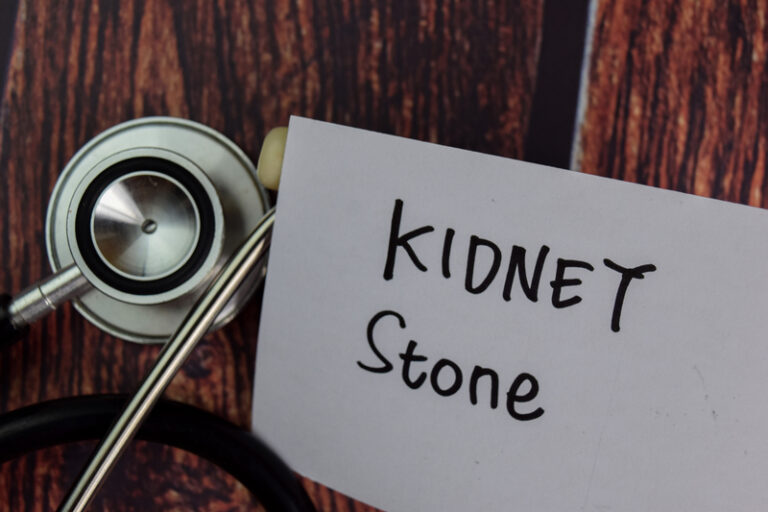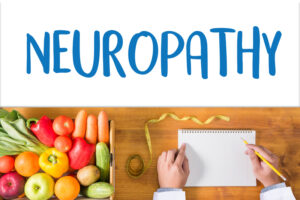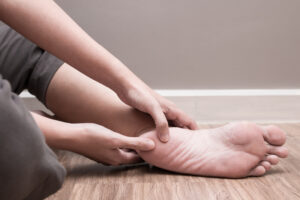Kidney stones can be a painful condition, sending more than a half million people to the emergency room per year. Statistics say that 1 in 10 Americans will have a kidney stone some time in their life, although not all will bring them to the emergency room. Men are more likely than women to develop them.
Kidney stones are made up of crystal-forming substances such as calcium, oxalate and uric acid. These are normally in urine, however, they become an issue when there is not enough water for them to be dissolved and eliminated. This lack of water/dehydration, makes the urine concentrated, more acidic, and if lacking the substances necessary to prevent the crystals from sticking together, you have the perfect formula for kidney stones.
There are other things that can predispose you to kidney stones: certain diseases, such as Crohn’s disease, hyperparathyroidism, digestive insufficiency, urinary tract infections and kidney diseases. More studies are also linking fluoridated water as contributory. Anti-seizure meds and drugs to treat migraines can increase calcium phosphate levels which can precipitate stones. Obesity is a risk factor, as is high blood pressure, gastric bypass surgery, inflammatory bowel disease, chronic diarrhea, and a sedentary lifestyle.
Kidney stones rarely occur in people with good digestion. The ability to properly metabolize calcium is important. In addition to the above digestive disorders, people with heart burn or reflux, or worse yet, take acid-suppressing medications, are more likely to get kidney stones.
Calcium supplementation can contribute. Not all calcium is the same – some have greater propensity for contributing to kidney stones. Calcium carbonate is the worst form of calcium, and most likely to contribute to stones (including gallstones); while calcium lactate (from lactic acid yeast, not from dairy), is the least likely. Some studies are also linking too much Vitamin D with kidney stones but it is not known if that is because it is generally taken with calcium, or if it is a stand-alone issue.
Caffeine intake has also been linked to kidney stones as the consumption displaces calcium and can increase calcium blood levels (which have to be eliminated).
So how can we prevent them? Drinking enough water is primary. The rule is to drink half of your body weight in ounces per day. That means if you weigh 120 pounds, you need to drink 60 ounces of water per day. If you weigh 200 pounds you need 100 ounces. It is not recommended to exceed 100 ounces even if you weigh more than 200 pounds. Another way to tell is the color of your urine. The darker it is, the more likely you are to develop a kidney stone. The more clear it is, the less likely.
Fixing your digestion is paramount. Using acupuncture, nutritional supplementation, herbal medicine and similar health remedies, focusing on why you are making stones in the first place, is the best way to prevent them, especially when you are prone to getting stones.
©2016 Holly A. Carling, O.M.D., L.Ac., Ph.D.







